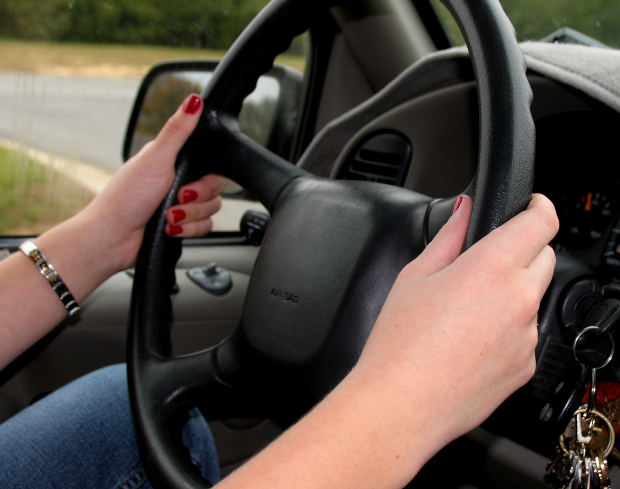- Free Initial Consultation: (954) 761-3641 Tap Here To Call Us
Florida Car Accident Damages Discussed Following $13 Million Jury Award

A jury in Gainesville recently awarded $13 million in damages following a Florida car accident in which a woman died in 2016 when another driver struck her vehicle during an illegal pass. The case has made headlines, and sparked a discussion over personal injury lawsuit damages and how they are calculated.

As long-time Fort Lauderdale car accident lawyers, our Broward injury legal team recognizes that damages aren’t necessarily reflective of real-life losses. They never could be because, after all, how do you put a price tag on a human life or your ability to walk? Assignation of monetary values to such things may seem callous, but it’s the best means we have of helping to compensate people who suffered as a result of someone else’s careless or criminal actions.
Mostly in civil litigation, the damages we’re discussing are these type of “compensatory damages,” intended to “make whole” the individuals who are suffering, rather than about punishing the person who caused the injury. The exception to this is “punitive damages,” intended to penalize particularly egregious wrongs.
F.S. 768.72 holds that punitive damages can only be awarded in cases where there is a reasonable showing, based on clear and convincing evidence, that the defendant was personally guilty of intentional misconduct or gross negligence. Gross negligence is understood to be conduct that is so reckless or wanting in care it constitutes conscious disregard or indifference for the life, safety or rights of other people exposed to it.
In the Gainesville case, the other driver, 29, attempted to pass plaintiff’s wife in a no-passing zone. Both were traveling 60 mph, and both lost their lives.
Determining Who Has Right of Action Impacts Damages
In a lawsuit filed to compensate those left behind after someone dies, there are two main parties who have a right of action:
- The representative of decedent’s estate, who pursues damages on behalf of the person who is deceased. This is called a wrongful death lawsuit.
- Survivors of the decedent, particularly dependents, such as spouses and minor children. This is called a survival action.
The reason this matters in terms of damages is that, No. 1, a case that involves only the estate and no survivors may end in lower damages compared to a case that involves both. No. 2, the identity of survivors matters because their age, relationship to decedent, degree of dependency, health of that relationship – all of this is considered when determining the degree of damages.
In the wrongful death car accident lawsuit involving the death of the 36-year-old Gainesville woman, decedent was married with three small children (one son and two daughters), making damages quite a bit higher than they might have been for a person who was older, unmarried or with no minor children.
Types of Damages in a Wrongful Death Car Accident Lawsuit
Laws on damages in wrongful death litigation vary from state-to-state and depending on the kind of wrongful death lawsuit. (In Florida, for instance, wrongful death medical malpractice claims can only be filed by the decedent’s surviving spouse or minor/dependent children.)
the primary type of damage paid out in a wrongful death case is loss of support for all family members whom decedent supported financially for the period of time in the future would have been expected to support them. That’s why damages paid to a young child might be higher than those paid to a teenager for the loss of a parent. Minor children generally can be compensated for loss of support through age 18 and often throughout their college education.
A widow or widower can often receive loss of support damages through retirement age, and other relatives may be able to collect damages if they can prove the decedent supported them.
Other types of damages include funeral and burial expenses, medical expenses, damages for pain and suffering (emotional and physical – both of survivors and of the decedent before death) and loss of consortium (comfort and guidance).
In many cases, the most you can expect to receive is the maximum insurance coverage available, as that is typically all liability insurers pay. However, if the insurer at any point acts in bad faith in its handling o the claim, plaintiff may have that additional claim for damages. Defendants (or their estates) can be personally held liable for damages, but often don’t have enough to pay out-of-pocket, which is the amount of insurance available matters.
Bad faith damages and punitive damages tend to be where car accident lawyers in Fort Lauderdale tend to see the highest damage awards.
Call Fort Lauderdale Injury Attorney Richard Ansara at (954) 761-4011. Serving Broward, Miami-Dade and Palm Beach counties.
Additional Resources:
Jury awards up to $13 million in fatal 2016 Gainesville crash, Aug. 20, 2019, By Emily Mavrakis, Gainesville Sun













